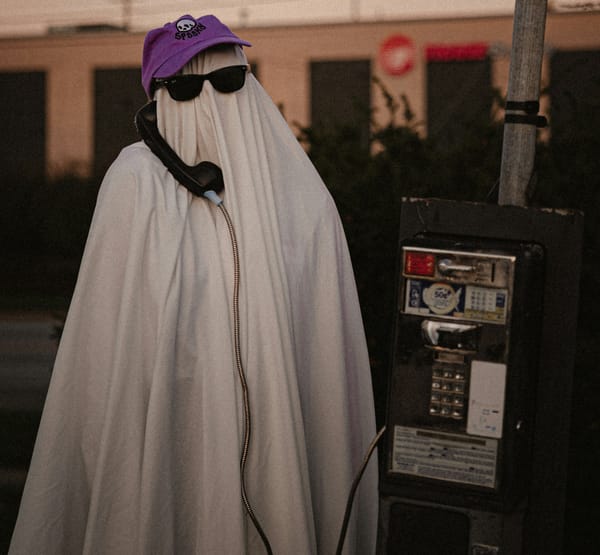The Privacy Implications of COVID-19 Contact Tracing Apps

Introduction
The COVID-19 pandemic has accelerated the adoption of technology in public health, most notably in the form of contact tracing apps. While these apps have been instrumental in controlling the spread of the virus, they also raise significant concerns about personal privacy. This article aims to explore the delicate balance between public health and personal privacy in the context of COVID-19 contact tracing apps.
What Are Contact Tracing Apps?
Definition
Contact tracing apps are mobile applications designed to notify users if they have been in close proximity to someone who has tested positive for COVID-19.
Purpose
The primary goal is to quickly identify and isolate cases to prevent further spread of the virus.
How Do They Work?
Bluetooth Technology
Most apps use Bluetooth to detect when two devices are within a certain distance of each other.
Data Collection
The apps collect anonymized data about these encounters, storing them securely on the user's device or a centralized server.
The Benefits
Speed and Efficiency
Contact tracing apps can quickly notify people at risk, speeding up the process of isolation and testing.
Scalability
The automated nature of the apps allows for large-scale contact tracing, which would be impractical through manual methods.
Anonymity
Many apps use encrypted data and do not collect personally identifiable information.
Privacy Concerns
Data Security
The storage of contact data poses risks of unauthorized access and potential misuse.
Surveillance Risks
There is a concern that the technology could be repurposed for mass surveillance.
Informed Consent
Users must be fully aware of what data is being collected and how it will be used.
Regulatory Landscape
Existing Laws
Current privacy laws like GDPR and CCPA offer some guidelines but are not tailored to address the unique challenges posed by contact tracing apps.
Future Legislation
There is a growing call for specific regulations that balance public health needs with privacy protections.
Conclusion
COVID-19 contact tracing apps present a complex ethical dilemma. While they offer a powerful tool for controlling the spread of the virus, the implications for personal privacy are significant. Striking the right balance between public health and privacy is crucial as we navigate the challenges of the pandemic.





